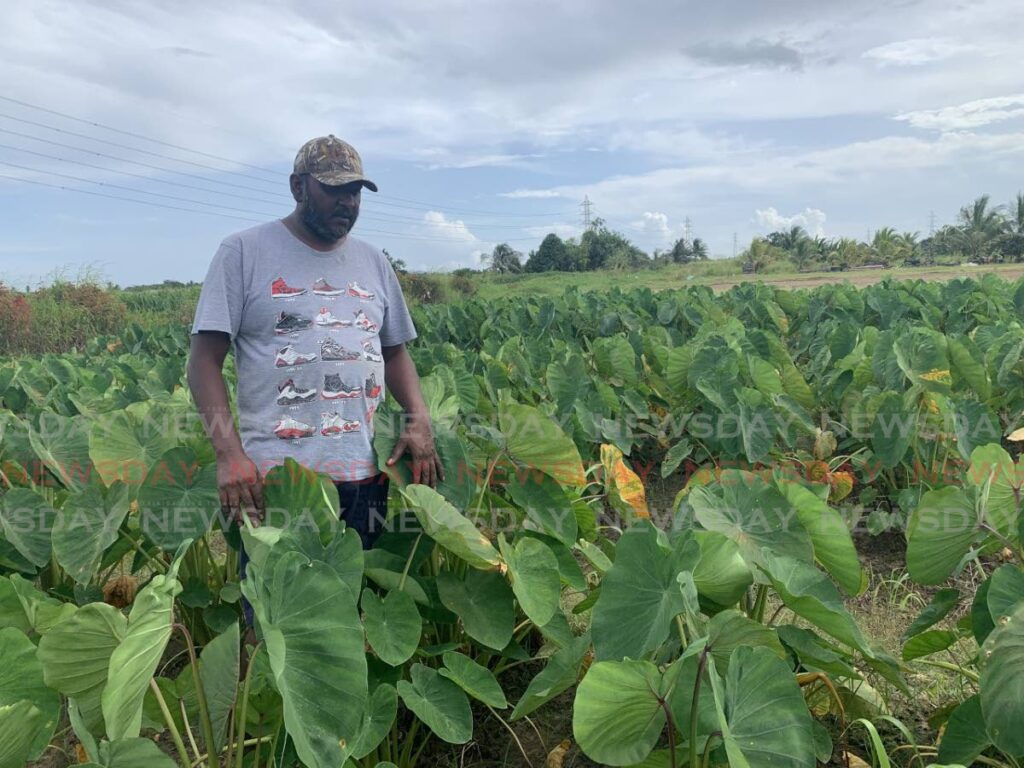US aid can be a win for small farmers

The US government is delivering on its promise to provide US$5.3 million to assist small farmers in the Caricom region.
It's a donation first announced in July by US Secretary of State Antony Blinken when he met regional leaders at the Caricom heads of government summit in Port of Spain.
Blinken followed up on the initative last week which will be co-ordinated by the US Agency for International Development (USAid).
He said the funds would boost productivity, increase access to technology and markets and adopt climate-smart practices. The money will be spent in TT, Guyana, Suriname, Dominica, Barbados, St Lucia and St Vincent and the Grenadines over the next three years.
It's not much money to spend over 36 months and seven nation-states, but the specifics of the support suggest a programme that's designed to have a specific impact on regional small-farm weaknesses.
Despite the impression of America as dominated by large-scale factory farming, almost half of the farmland in the US is occupied by small family farms that produce as much as 20 per cent of its overall agricultural output. The size of US small holdings averages 200 acres. To support a wide range of farming practices, the US Department of Agriculture offers a wide range of standardised approaches covering the basics – composting and water management – and more sophisticated agricultural techniques.
According to the International Fund for Agricultural Development (IFAD), even before the pandemic, poor nutrition plagued as many as 144 million children globally and as many as 690 million people went hungry. The pandemic may have pushed tens of millions more into malnutrition and that count includes small-scale farmers and rural residents who are often in a position to produce small crops for greater self-sufficiency. Small farming also encourages diversity and rotation of crops, which brings greater diversity in food production. Beyond the practicality of growing food closer to where it is consumed, increasing concerns about how food is produced and where it comes from are playing an increasing role in the choices that consumers make.
Successful small farming creates a virtuous cycle, providing a profitable reason for farmers to work their land, bringing a reliable source of food closer to communities and changing the dynamic of grocery shopping from an emphasis on packaged goods to an appreciation of the value of fresh foods. According to IFAD, US small-scale farming systems already grow 50 per cent of available food calories on 30 per cent of agricultural land.
The agency notes that small farms are more productive at producing food value per hectare than larger farms. Small-scale farmers will only benefit from technical advice, training, distribution systems and technology that are targeted to their very specific needs.
A USAid project that properly assesses the needs of Caribbean small farmers and aggregates farming experiences to deliver improvements in farming techniques and systems would be a win for the region and an example for the wider world.

Comments
"US aid can be a win for small farmers"